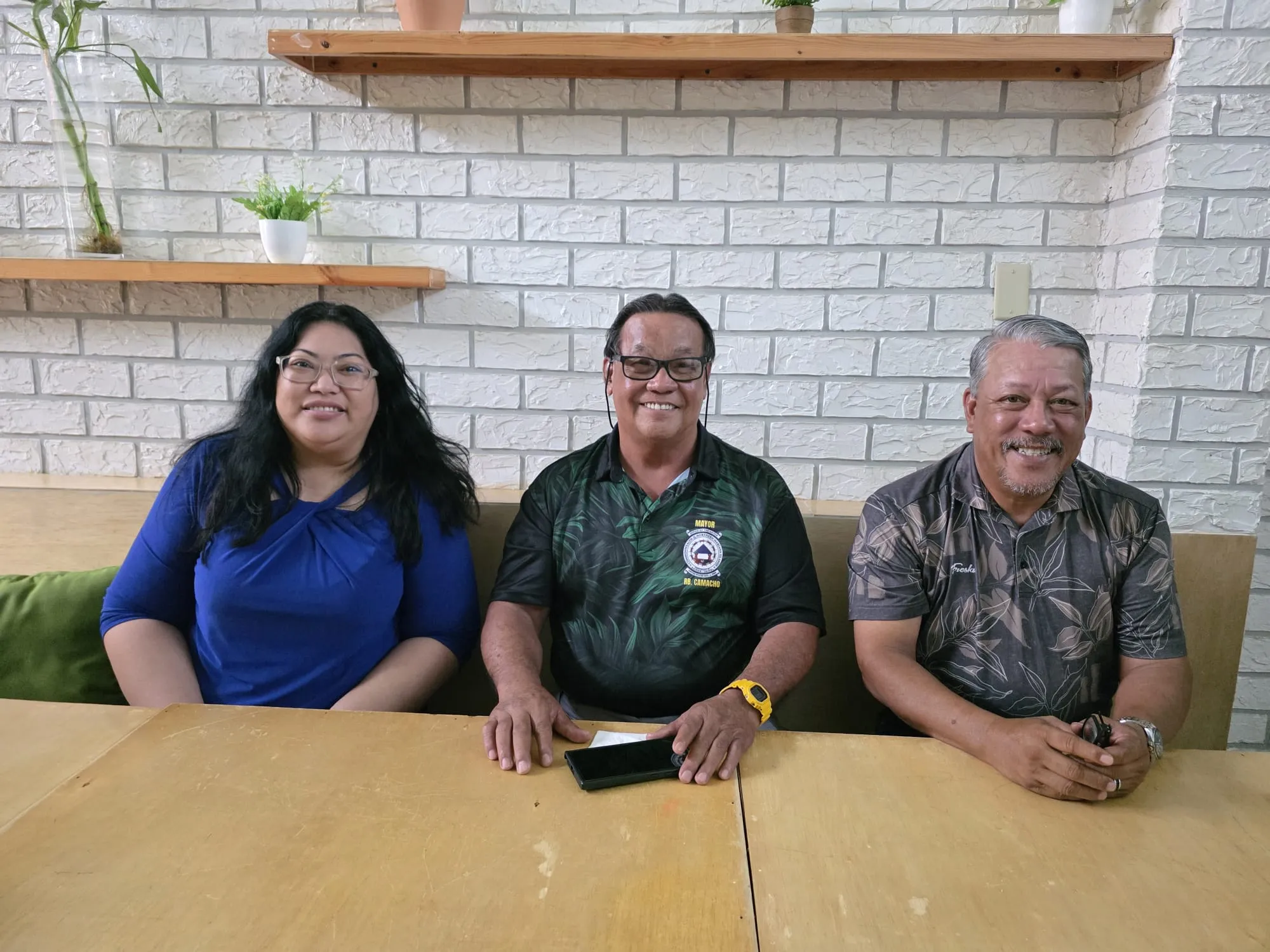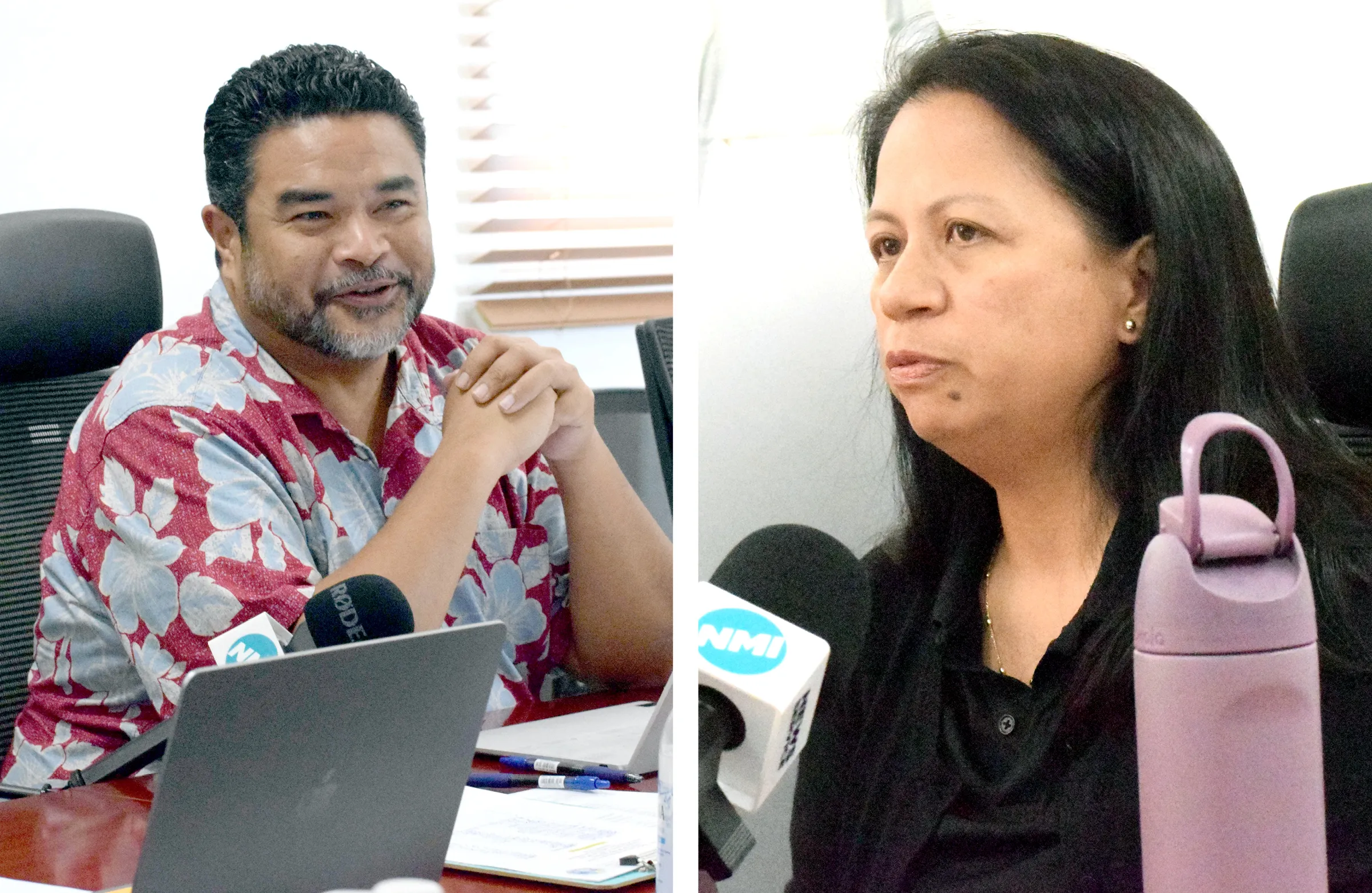
THE Trade Council of the Marianas’ letter to the governor regarding the Commonwealth Free Trade Zone Authority, and Sen. Corina Magofna’s introduction of legislation to “attract global investments,” are far better than doing nothing — or taking the wrong actions like raising taxes — to improve the local economy.
As NMI history shows, new investments — and an increase in tourist arrivals — are key to economic development. And the NMI economy has to be revived so that the government can continue to funds its obligations to the (voting) public.
After the local economy — and tourism— tanked in 1998 amid the Asian currency crisis, CNMI government officials hosted economic summits and conferences, consulted experts and introduced recommended legislation, which included the qualifying certificate law and the creation of the free trade zone authority.
In 2005, with the weakening of the Japanese tourism market and the impending exit of the garment industry, Gov. Juan N. Babauta sought to diversify the local tourism industry by tapping into new markets, specifically China.
In 2006, his successor, Gov. Benigno R. Fitial, told the public in his inaugural address that, “Today, the CNMI government faces its greatest financial challenge since we became a substantially self-governing Commonwealth of the United States. Today we have our work cut out for us…. I believe I face a monumental challenge: to revive our slumping economy and restore the financial integrity of our government. This is not going to be an easy task, but I have every confidence in our prospects for success.” He vowed to increase tourist arrivals to one million (!) from over 500,000 a year, and to “deal with a Commonwealth government addicted to spending beyond its means. We will rein in the excesses and insist on financial accountability for our taxpayers. We will focus on economics rather than politics. We will remove the regulatory roadblocks impeding commerce and stifling our economic growth…. We will address the enormous problems at CUC and ensure that we make significant progress in delivering reliable power and water services, so that our economy will not be compromised by frequent power outages and the unreasonably high cost of public utilities. We will find ways to abolish the fuel surcharge and pay the government’s debt to CUC.” He said his administration’s top priority “is the economy — the foundation for education, public safety, health and welfare, infrastructure development, and social programs. [The lieutenant governor] and I will be the ‘Economy Governors.’ Because we were elected on that basis and under this economic crisis. And because we cannot serve our constituents well if our economy continues to languish as it has for the past four years.”
Most politicians, as a rule, sincerely mean what they say when they make promises. The problem is that when their plans hit the ground running, they soon face multiple challenges — often simultaneously — many of which are unforeseen. Then, inevitably, unexpected or unwanted events arise, rendering their blueprints useless.
For Governor Teno in 1998, the suddenness and severity of the Asian currency crisis’ impact on the local economy was simply unheard of. For Governor Babauta in 2005, the JAL pullout, rising oil prices, and the approaching end of the garment industry were heavy burdens to bear. For Governor Fitial in 2008, the federalization of local minimum wage and immigration was a disaster for the local economy.
It was his successor, the late Gov. Eloy S. Inos, who was able to arrest the economy’s downward trend by bringing in a new major investor, Best Sunshine/IPI, and welcoming the growth of a new tourism market, China.
As in the 1980s, when the CNMI economy took off, its revival in 2013-2017 created “new” problems while solving the most pressing ones, which, at the time, were the survival of the Retirement Fund and the livelihood of the retirees and employees of the islands’ largest employer, the CNMI government.
Here’s another lesson I’ve learned in politics: You don’t “solve” problems. Or, as a wise man once said: solutions are often the leading cause of new problems. However, you can choose which problems to take on, and if you’re lucky, you might even mitigate them.
As for Governor Inos’s successor, Governor Torres, he had to deal with Yutu and Covid-19, which all but shut down the tourism industry. His successor, Governor Palacios, in turn, inherited an economy that was essentially a flickering flame. But his predecessors have also bequeathed to him several volumes of economic reports, findings and recommendations, including ways to “diversify” the local economy.
He clearly has his own (arguably dubious) ideas for reviving the economy, but halfway through his term, he may want to consider listening to local stakeholders and MVA’s tourism industry experts, for a change.
Send feedback to editor@mvariety.com










